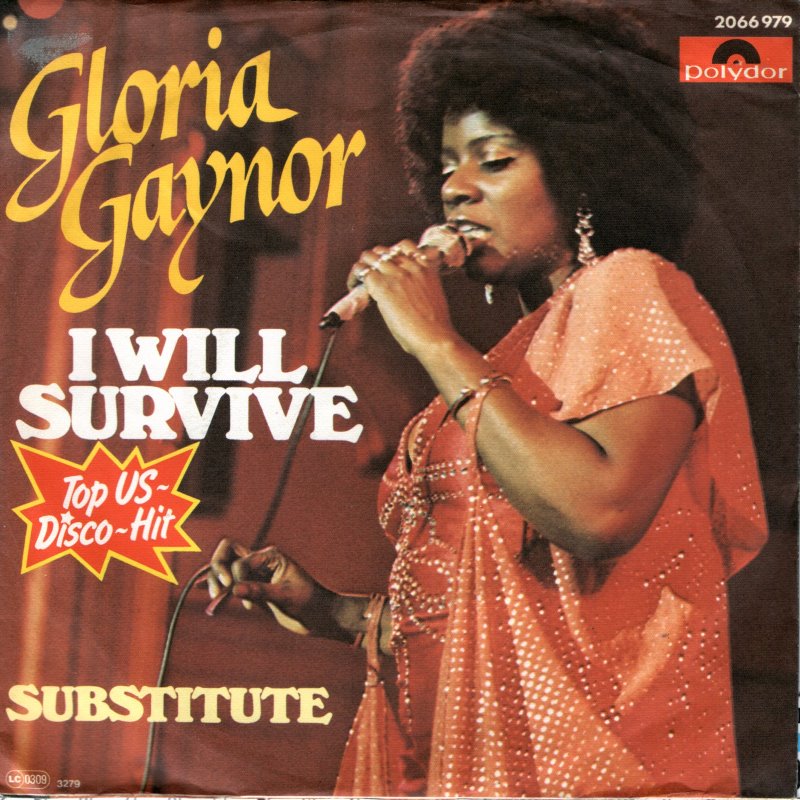October is Breast Cancer Awareness Month, and although my diagnosis of DCIS, an early type of breast cancer, occurred nearly 20 years ago, it was an experience that changed my life forever. I’m continually reminded that survival wears many faces, and what I’ve realized is how I’ve gone from survivor to thriver. I’ve come to understand how precious life is and the importance of living out our dreams and reaching for the stars. I remember listening often to the lyrics of Gloria Gaynor’s song “I Will Survive” and making it my mantra.
I will also always remember the words my surgeon uttered back in 2001 when he told me of my diagnosis: “If this experience doesn’t rivet you, nothing will. You’ll never look at life in the same way.” He was right. My transformation following my diagnosis affected my physical, spiritual, and emotional well-being.
My doctor’s words continue to echo in my mind to this day. From a physical standpoint, I can acknowledge and accept that my body will never look and feel the same. My daily glances in the mirror continue to be a constant reminder of my breast cancer journey. There’s no escaping that truth. I can hide under my clothing, my covers, or in my closet, but in the shower and during lovemaking, I’ve learned to accept my new landscape.
People say that scars give us character, and I’ve worked hard to convince myself that this is true. I tell myself that the scars don’t really matter because the important thing is that I’ve survived, even though the moment I heard my doctor’s words, all I wanted to do was die. I thought that death would be a better alternative than having the part of me that had nursed and nurtured all three of my children mutilated–the part that symbolizes femininity, the part men often glance at before looking into a woman’s eyes.
Surviving the emotional roller coaster of having a breast removed reminds me of the old adage “From all bad comes good.” I’ve learned what makes me happy and what is important in my life. I’ve realized the importance of surrounding myself with positive-minded people, and removing, as much as possible, all the toxic individuals in my life. I’ve tried to surround myself with those who make me feel good about myself. I suppose this is what intuitively happens when you come face-to-face with your own mortality–you try not to allow people into your life who drain you of the vital energy that is essential for your own healing. For me, it felt like I was shoring up my spirit’s natural defense mechanism.
I’ve also integrated daily meditation into my life. Since childhood, I’ve maintained journaling and writing as a spiritual practice, but it became critical to my survival during my cancer journey. Journaling has taught me that emotional healing usually takes longer than physical healing. The end result was writing my story and integrating it into a self-help book for others to use during their journeys.
I’m also thankful that I’m living in a time when medical advances have made it possible to have cancer removed and treated, which in my case led to a complete recovery. Unfortunately, many of us take health and medical care for granted, so it’s wise to stop and offer gratitude for the times we’re living in. Indeed, this takes the place of the seemingly negative news that we’re bombarded with daily.
I’d always been a productive person, but my cancer diagnosis brought with it a sense of urgency to share my words and passions with the world. Immediately after my diagnosis and during my healing period, I went into overdrive, burning the candle at both ends and putting out book after book. Then I was confronted with another transition: I turned 60. For a short time, I turned from thriver to survivor. I just wanted to “be,” and not be as productive creatively. Perhaps it was getting senior-citizen discounts at the movie theater, or the regular arrival of the AARP magazine in my mailbox that forced me to address my mortality. Whatever happened, a switch flipped inside me. I made a point of slowing down . . . and doing more than smelling the roses.
I decided to be grateful for my life, spend more time in nature, and read more rather than produce more. Given my lifelong commitment to care for others (I was trained as a registered nurse), I decided to turn that compassion inward and indulge in more self-care. For years I’d taken myself for granted. It felt good to offer gratitude and empathy to myself.
Sure, when diagnosed with something like cancer, the possibility of a recurrence is always in the back of your mind, as much as you try to convince yourself otherwise. However, positive thinking, thriving, surviving, and self-care should always be at the forefront.
As Gloria Gaynor sang in her song “I Will Survive,” it took all the strength I had not to fall apart. As I repeatedly told myself that cancer was no longer welcome in me anymore, I realized that as long as I knew how to love, I would stay alive.

Diana Raab, PhD, is a memoirist, poet, blogger, speaker, and award-winning author of nine books. She’s been published in over 1000 publications. She frequently speaks and teaches on writing for healing and transformation. Her latest book is Writing for Bliss: A Seven-Step Program for Telling Your Story and Transforming Your Life. Visit: dianaraab.com.

